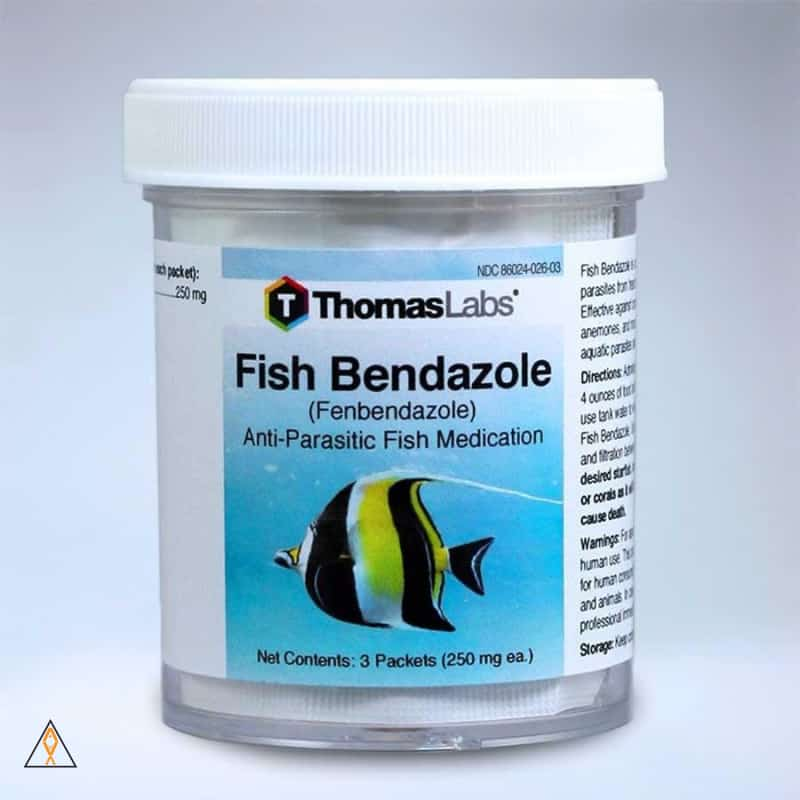Fenbendazole
Fenbendazole is an anthelmintic drug primarily used to treat parasites in animals. It belongs to the benzimidazole class of drugs, which work by disrupting the microtubules of parasitic cells. Recently, there has been growing interest in its potential use for human cancer treatment. Some individuals claim that fenbendazole has anti-cancer properties, leading to its use as an off-label remedy. While scientific research is still in its early stages, anecdotal evidence has contributed to its rising popularity.
How Fenbendazole Works Against Cancer
Researchers suggest that fenbendazole may combat cancer by interfering with microtubules, which are essential for cell division. This mechanism is similar to some chemotherapy drugs that prevent cancer cells from multiplying. Additionally, fenbendazol for humans cancer has been found to induce apoptosis, or programmed cell death, in cancerous cells. Some studies also indicate that the drug may enhance the immune system’s ability to detect and destroy malignant cells. These factors contribute to the belief that fenbendazole could be an effective supplementary treatment.
Scientific Studies and Evidence
Limited scientific research has been conducted on fenbendazole’s effects on human cancer. However, some preclinical studies suggest promising results. For instance, laboratory experiments on cancer cell lines have shown reduced tumor growth when exposed to fenbendazole. Furthermore, case studies involving individuals who incorporated fenbendazole into their treatment regimens report positive outcomes. Despite these findings, medical professionals emphasize the need for extensive clinical trials to confirm its safety and efficacy for human use.
The Rise of Fenbendazole in Alternative Cancer Treatment
As mainstream cancer treatments often come with significant side effects, many patients seek alternative options. Fenbendazole has gained attention in online forums, with cancer patients sharing their personal experiences of tumor reduction and improved health. Some even follow specific protocols, such as the “Joe Tippens Protocol,” which includes fenbendazole, vitamins, and other supplements. While these reports are encouraging, medical experts caution that self-medication without proper supervision can be risky.
Safety, Risks, and Medical Considerations
Although fenbendazole is generally considered safe for animals, its long-term effects on humans remain unclear. Potential side effects may include gastrointestinal discomfort, liver toxicity, or allergic reactions. Additionally, fenbendazole may interact with conventional cancer treatments, affecting their effectiveness. Patients considering this drug should consult a healthcare professional before use. More research is necessary to determine the optimal dosage and possible risks associated with human consumption.


